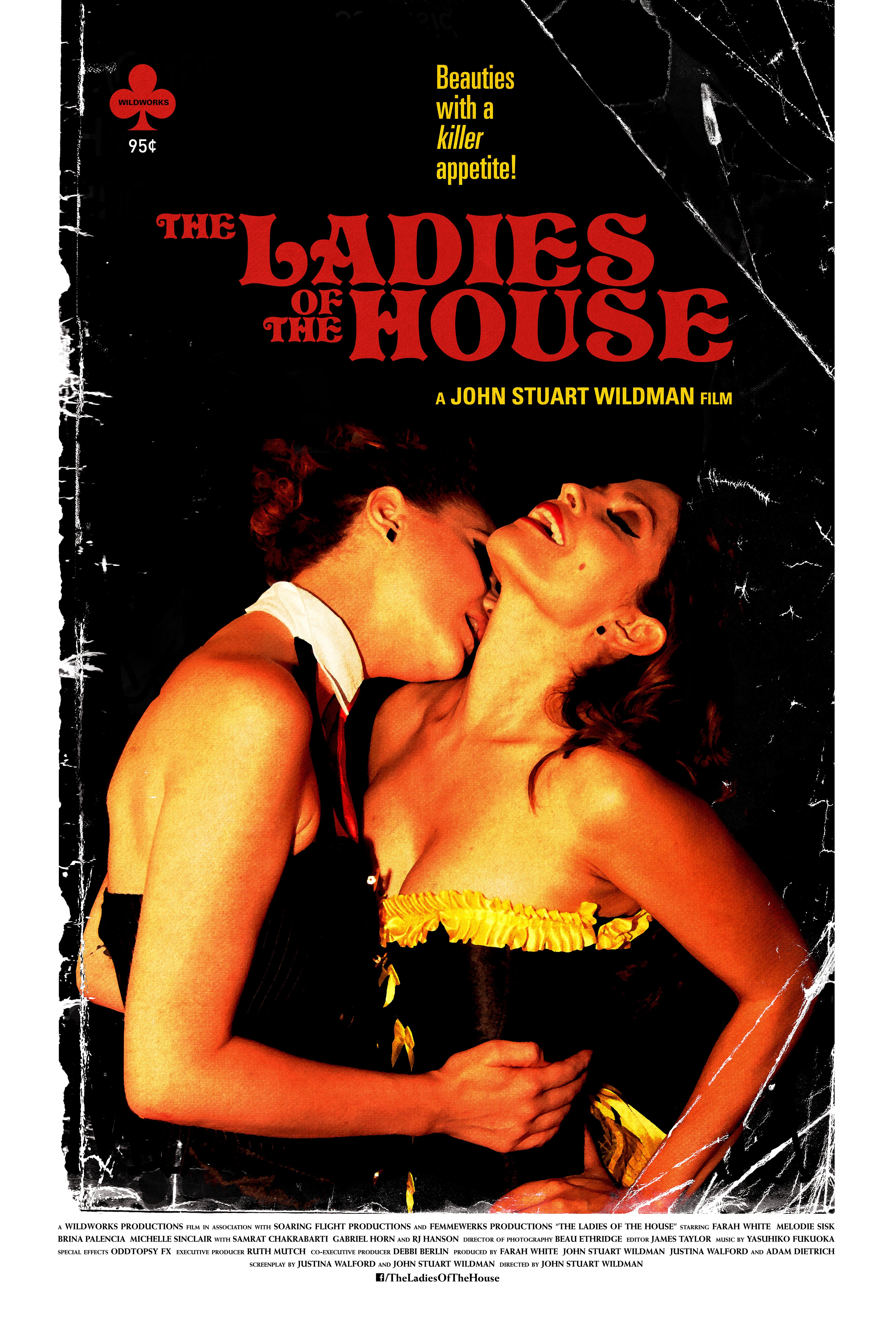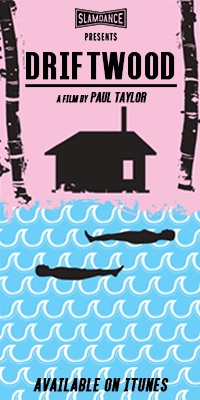Sometimes, when documentaries rely entirely on raw footage with no narration and no interviewer, things can drag and fall into a distracting flurry of events which endanger audience engagement. And then there are films like director Stephanie Wang-Breal’s Blowin’ Up which is smart enough not only to let the recorded events speak for themselves, but to edit all the pieces in such a way that it could easily be mistaken for a tense and gripping courtroom drama. To be honest, it’s pretty incredible how the film is able to capture all the audio and imagery it does, then edits it together so tightly. It’s not just a triumph of smart b-roll usage, but super-smart microphone placement.

BLOWIN’ UP
Obviously, there must have been immense patience and cooperation by the judge and courtrooms who allowed the filming. Regardless, Wang-Breal masterfully culls and assembles the crucial moments to tell the story of ex-prostitutes and the experimental legal procedures seeking to give them a chance at getting out of “the life” instead of going to jail. Such subject matter is, of course, loaded with potent emotion and drama. What’s remarkable here is how the story is simply allowed “to be” rather than forced into a position. The director simultaneously employs great empathy while keeping her lens at enough of a distance so as to not encumber the very natural dialogue and emotive spontaneity, some of which could have sprung from the very best writers and actors of our time.
Blowin’ Up primarily follows the court proceedings of two prostitutes who are seeking alternatives to imprisonment. One is a native New Yorker who ironically fell into “the life” in order to raise funds to pay for her boyfriend’s bail. The other is a Chinese immigrant illegally trafficked into the US to pay off a debt she incurred to buy her family a house. Yes, these are heartbreaking stories. The Chinese lady doesn’t even allow her face to be shown on camera. But there is hope. New York City’s pilot program tries to place these and other sex workers into better circumstances with legitimate careers. With the tireless aid of a team of heroines as their legal counsel, and an unbelievably sympathetic judge, the film explores a different way of treating the desperate victims of pimps and johns, women who didn’t set out to be criminals, but end up being treated worse than the mob bosses who run those illicit operations.

In the courtroom. (BLOWIN’ UP)
To be sure, there’s an emotional toll for the lawyers in the film as well. Employing tireless energy in a harrowing and frustrating legal system, they must also extend themselves as friends and mentors to the former sex workers lest they fall back into “the life.” It may be a very rewarding vocation, but it’s also draining. By the end of the film, some of the life changes the attorneys go through are disruptive enough, the audience is left wondering if their good work will be undone by their own circumstances. It was hard to not to cry, and even feel ashamed. After all, we’re all part of the system of cruelty, injustice and vengeance which works harder to take down street-level ladies while their abusive masters most often live well. I mean, it’ not like Snoop Dog ever went down for his pimping, right? Anyway, aside from the social justice angle, it’s just a relentlessly smart documentary that viewers will simply fall into deeply – and might have just as much trouble getting out of as the ladies portrayed therein have getting out of their own troubles.








READER COMMENTS